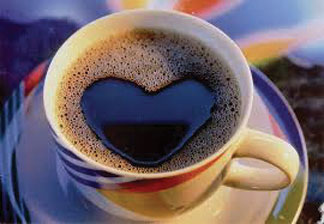
Love Coffee? DSM lists caffeine intoxication among mental disorders
By Healthy Black Woman
Are you one of the millions that needs their coffee to get a jump on the day? Did you know that your coffee habit can now induce a mental disorder according to the Diagnostic and Statistical Manual of Mental Disorders (DSM)? The newest version of the DSM lists caffeine intoxication among its list of mental disorders.
Caffeine intoxication is characterized by restlessness, excitement, red face, nervousness, sleeplessness, rapid movements, rapid speech, and irregular heartbeat. While these may seem like normal symptoms to us as we get our daily caffeine fix, they are actually not normal and over time can be detrimental to your health.
In order for your symptoms to qualify, by DSM standards, the caffeine needs to be severely impacting your life, much like alcohol would if you were drunk. You would also need to be experiencing five or more of the symptoms during or just after consuming your caffeine. Caffeine intoxication appears in the old DSM version as well- DSM-IV. However, caffeine withdrawal has been added to the latest version. When you suffer from caffeine withdrawal you experience symptoms such as depression, headache, mood issues, difficulty concentrating, and fatigue.
The withdrawals clear themselves up for the most part, sometimes with a little help from painkillers, but more often than not it goes away on its own. The symptoms of the caffeine intoxication can be worsened if the person drinks other caffeinated beverages along with the coffee, such as an energy drink like Red Bull. These are not only dangerous by themselves, but added to the extra caffeine, can cause some serious problems such as a very rapid heartbeat and excessive sweating. Taken too often, these high levels of caffeine can do permanent damage to the body, depending on how often they are consumed.